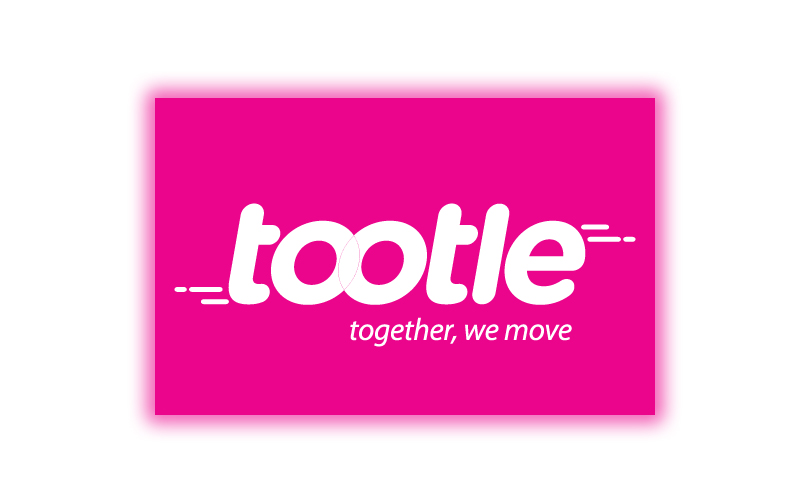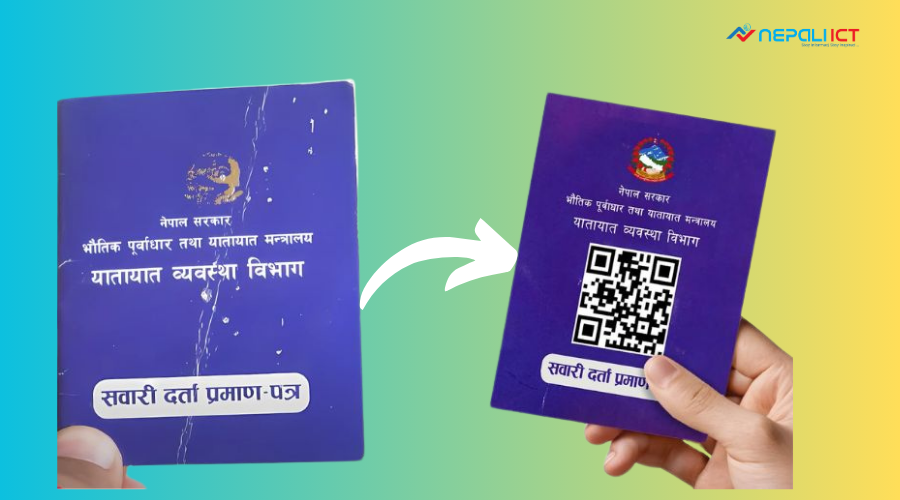Kathmandu. The government of Nepal has introduced a provision allowing companies to issue ‘Sweat Equity’ shares based on goodwill, services, ideas, knowledge, and labor contributions. This decision was made during last Friday’s Cabinet meeting through an ordinance, amending the Companies Act 2063 to permit startups to allocate up to 40% of their shares and other companies up to 20% as sweat equity.
This means startups can now offer shares to individuals in exchange for their time, expertise, and contributions instead of cash salaries or direct financial investments. Previously, there was no such provision, making it difficult for startups to reward employees, mentors, or consultants without upfront capital.
A Game-Changer for Startups
According to the new amendment, a company can issue sweat equity shares to individuals in return for intellectual property, goodwill, technical know-how, or services rendered. This is expected to make startup operations smoother and more sustainable, especially in the early stages when they often struggle with capital shortages.
Explaining the impact of this decision, Kailash Pandey, a Chartered Accountant and founder of Khatapana, highlighted that startups lack capital in the beginning. With this provision, they can now compensate employees, mentors, and consultants with shares instead of cash, making it easier for them to attract talent and expertise.
“For instance, if an employee’s annual salary is NPR 1.2 million, the startup can now provide shares equivalent to that amount instead of paying cash,” he explained.
Excitement in the Startup Ecosystem
The startup community has welcomed this move, calling it a major breakthrough. Suman Shakya, founder of Tangent Waves, said this is a positive development for startups, as it recognizes the value of knowledge, skills, and labor. However, he emphasized the need for a smooth implementation process to ensure startups can actually benefit from the new provision.
Similarly, Juna Mathema, Chairperson of the Startup & Innovation Forum at the Federation of Nepalese Chambers of Commerce and Industry (FNCCI), stated that while the decision is encouraging, the government must ensure a clear and hassle-free implementation process.
Challenges in Implementation
Despite the enthusiasm, legal and taxation concerns remain. Previously, some startups attempted to offer sweat equity shares, but legal ambiguities made it difficult. Now that the government has formally recognized sweat equity, the next challenge is implementation.
Kailash Pandey raised concerns about whether the Company Registrar’s Office will recognize sweat equity in official records and how it will be taxed. “If employees are given sweat equity instead of cash, how will taxation work? Will the company deduct tax, or will employees have to pay separately? These issues need clarification,” he noted.
While the legal framework for sweat equity is now in place, experts stress that clear guidelines on taxation and registration will be crucial for its success. If implemented smoothly, this policy could significantly strengthen Nepal’s startup ecosystem by making it easier for entrepreneurs to attract skilled professionals without immediate financial constraints.

Nepaliict
- ISAS Beauty School Opens in Kathmandu to Power Global Careers
- Nepal’s Budget 2082/83 Unveils Big Moves for Youth, Farmers, and Digital Growth
- Tootle Pro Launched: Zero Commission Ride-Hailing Plan for Riders Starts at Rs 499
- No More Carrying Bluebook: Bagmati Province Launches Digital QR Code System for Vehicles
- Differences Between Authorized, Issued, and Paid-Up Capital with examples





























Comments